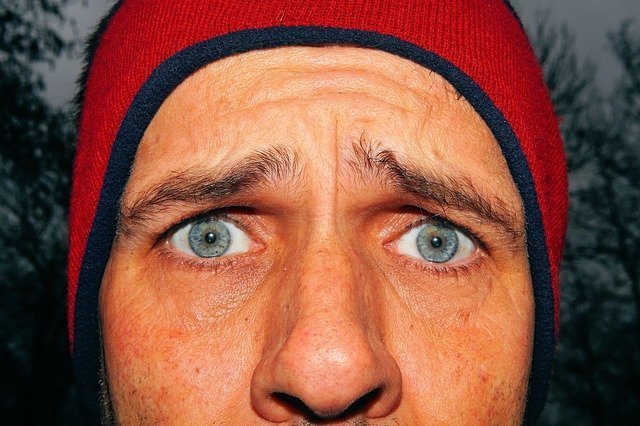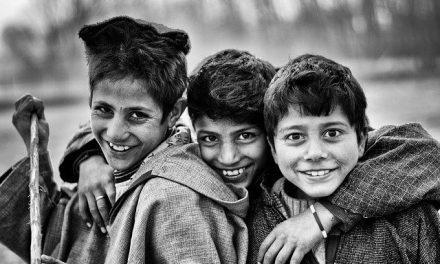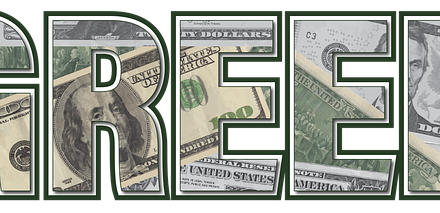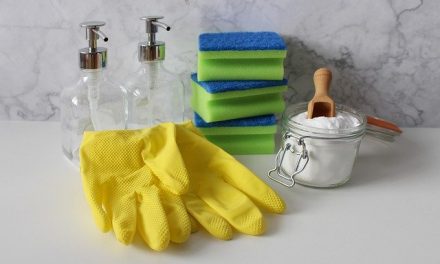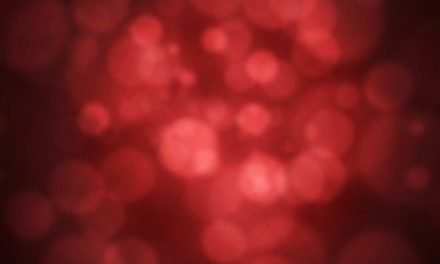The Lord has been helping lately as I say a short prayer right before diving into another section of Leviticus. Today it is all about the cleansing of skin diseases, dealing with houses that have mildew, bodily emissions for men and women, and all sorts of “interesting” material.
The commands that the Lord gave the Israelites predated much of what we know about microbiology, but it lines up so well with what medical science teaches us. It even deals with infectious diseases. Considering the recent Coronavirus the globe is currently facing, it speaks well to examining the disease and if it’s infectious, to burn everything and make sure the person is “outside the camp” (Lev 13:44).
Go outside the camp with your infectious disease
And if a person had a an infectious disease, in particular an infectious skin disease, there was a very precise protocol of cleansing before they were to be restored. Part of that was to wash the body thoroughly and to shave off all his hair, including from his/her eyebrows (14:8-9). And then do it again a week later prior to re-entering the “camp” of people.
Is cleansing just physical?
Another thing I find interesting is that sickness and disease was not just dealt with on a physical reality, but also in the spiritual realm before God. After the priest examined the infectious disease and determined that it was finished, over and therefore “clean,” the sick person was to bring a very specific offering to the temple–2 birds, cedar wood, hyssop, and a scarlet thread. One bird was killed and the live bird with the wood, hyssop and thread were dipped into the blood. Then the live bird was released outside the camp.
- Blood was a symbol of atonement and restoration
- Cedar Wood was often burned for purification ceremonies. Often symbolized strength.
- Hyssop was used for cleansing
- Scarlet thread was a sign of blood, atonement and of faith
- The releasing of the bird “outside the camp” was that it took on the uncleanness and carried it away from the camp
In the Western we tend to only think of sickness and disease from a physical stand point. Many tribal peoples of the world see sickness and disease as a spiritual issue. Tribal people kind of snicker that we think disease is physical, and Westerns condescend to the “primative” people of the world who see sickness as spiritual. Both are correct.
Living Holy Before Him
God cared for the health of the Israelites. These things mattered to him and how they lived. For their protection he gave them very clear guidelines. But it was about holiness, too:
“‘You must keep the Israelites separate from things that make them unclean, so they will not die in their uncleanness for defiling my dwelling place, which is among them.'” (Lev 15:31).
God wanted them to be a people of clean health and clean hearts, but he also wanted them to worship with all holiness and cleanliness. He took it seriously.
Conclusion
In the time of history where we are post the cross of Jesus, it is Jesus who makes us clean before God.
“Let us draw near to God with a sincere heart and with the full assurance that faith brings, having our hearts sprinkled to cleanse us from a guilty conscience and having our bodies washed with pure water. Heb 10:22
Thankfully we do not need to bring the blood of bulls and goats, but his blood from himself washed us. Yes, we still deal with disease. And yes, we still sin. But we deal responsibly with sickness and we take our sin to Jesus who cleansed us once for all, and is still sanctifying us to this day.
But at the same time, I am sick at the time of this writing. My nose is pouring, my head is heavy, my eyes water. I’m so ready to be done with it. And I think when it is finished, it would be most fitting to give God some form of appreciation. A thanksgiving offering if you will.

